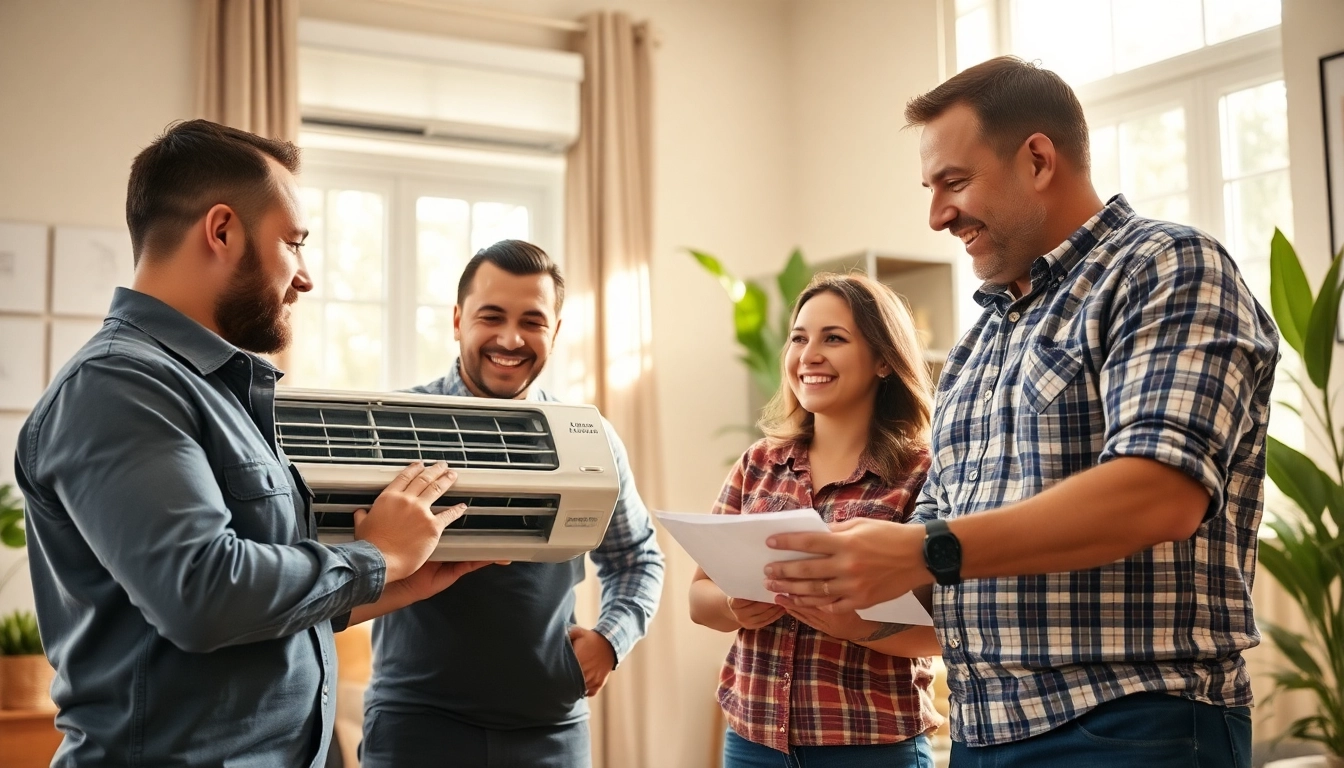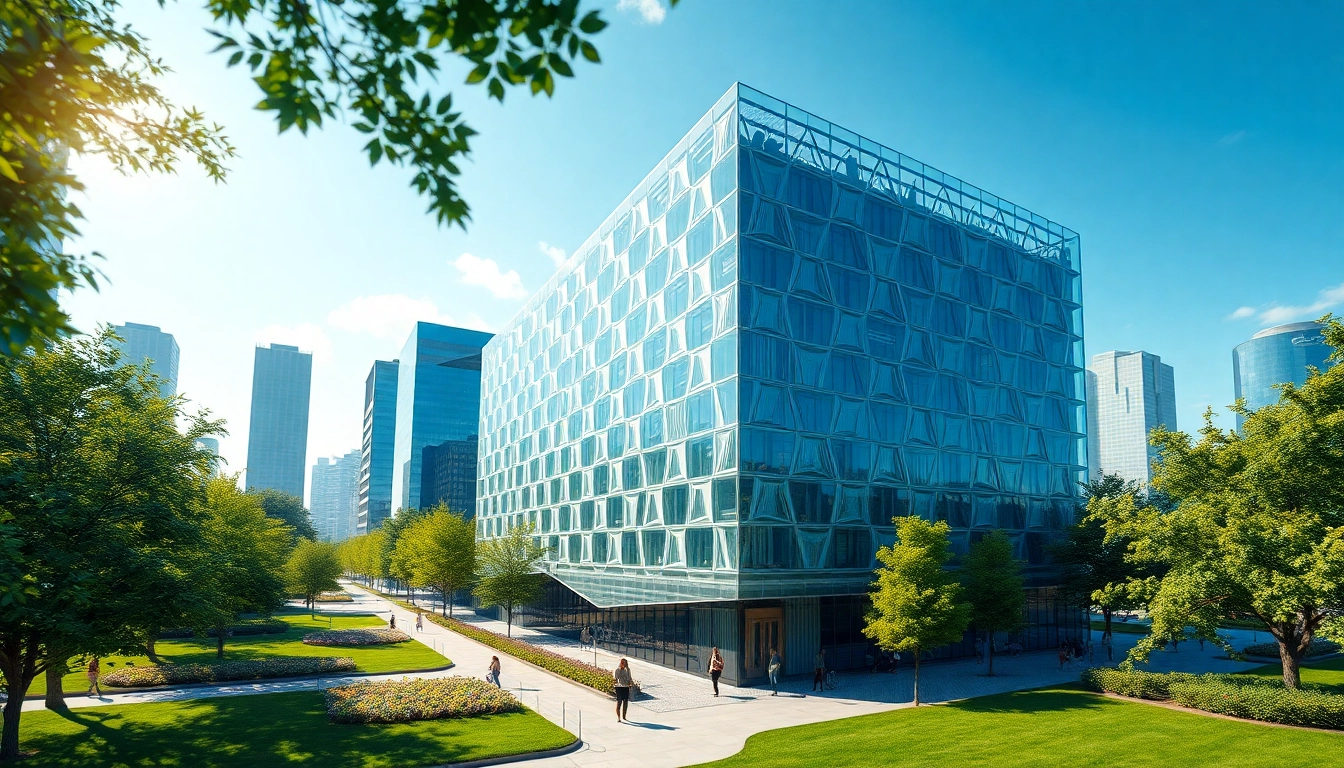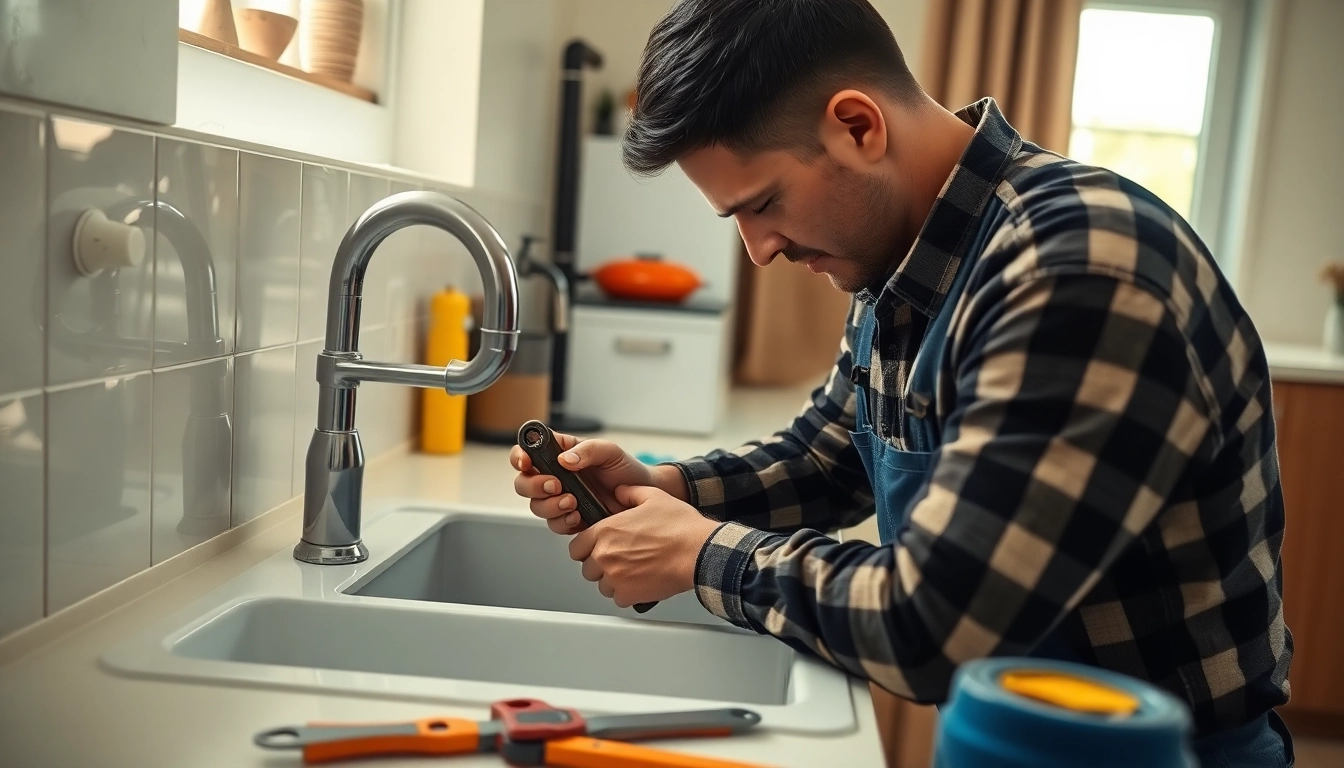Understanding the Role of HVAC Dealers in Home Comfort
In today’s world, homeowners prioritize comfort, efficiency, and sustainability in their living spaces. Heating, ventilation, and air conditioning (HVAC) systems play a crucial role in achieving this comfort. However, selecting the right HVAC systems requires expert knowledge and insight that not every homeowner possesses. This is where HVAC dealers come into play, acting as crucial partners in the home comfort journey.
What HVAC Dealers Do
HVAC dealers are specialized professionals who focus on the sales, installation, and servicing of HVAC systems. Their role goes beyond just providing equipment; they serve as consultants who help homeowners understand their specific needs and recommend appropriate solutions. Here are some of the primary responsibilities of HVAC dealers:
- System Evaluation: They assess the heating and cooling needs of a home by conducting comprehensive evaluations, considering factors such as the square footage, insulation quality, and existing systems.
- Product Recommendations: Based on the assessment, dealers recommend HVAC systems that best fit the homeowner’s budget, energy requirements, and preferences.
- Installation Services: Professional HVAC dealers oversee the entire installation process, ensuring that the systems are properly set up for efficiency and compliance with local codes.
- Maintenance and Repairs: They offer ongoing support, including routine maintenance services and emergency repairs whenever necessary.
- Education and Guidance: Dealers help homeowners understand how to operate their systems effectively, including best practices for energy conservation.
How to Choose the Right HVAC Dealer
Choosing the right HVAC dealer can be a daunting task, but several key factors can guide homeowners through the selection process:
- Reputation: Research local dealers and examine customer reviews and testimonials. Look for companies that have been in business for a significant period and have a knack for positive customer experiences.
- Certifications: Ensure that the dealer holds necessary licenses and certifications. This validates their expertise and adherence to industry standards.
- Product Range: A dealer that offers a wide range of HVAC products allows for better-ranked comparison and provides flexibility to choose from various brands and models.
- Service Options: Inquire about maintenance contracts and emergency service availability, which are important aspects of ongoing home comfort.
- Transparency: A reputable dealer will provide clear information about costs, warranties, and service agreements without hidden fees.
Common HVAC Services Offered by Dealers
HVAC dealers vary in the range of services they offer, but common services include:
- System Replacement: Comprehensive assessments and recommendations for system replacements based on the age and efficiency of existing HVAC systems.
- Installation of New Systems: Professional installation of heating, ventilation, and air conditioning systems that meet specific property requirements.
- Regular Maintenance: Scheduled inspections and routine maintenance services aimed at prolonging the lifespan of HVAC systems.
- Repairs: Troubleshooting and repair services for malfunctioning HVAC components, helping restore efficiency and comfort.
- Energy Audits: Detailed energy assessments to identify improvements that can enhance energy efficiency in the home.
The Importance of Professional Installation by HVAC Dealers
Professional installation is fundamental for the efficiency and longevity of HVAC systems. A poorly installed system can lead to a myriad of issues, from inadequate heating and cooling to higher energy costs. Here’s why proper installation by HVAC dealers matters:
Benefits of Expert Installation
When HVAC systems are installed by experts, homeowners can expect benefits such as:
- Increased Efficiency: Proper installation ensures that the system operates at peak efficiency, reducing energy costs.
- Optimized Performance: A well-installed HVAC system enhances overall performance and longevity, minimizing the need for repairs.
- Compliance with Regulations: HVAC dealers are knowledgeable about local building codes and standards, ensuring that installations are compliant and safe.
- Warranty Protection: Many manufacturers require professional installation to honor warranties, protecting the homeowner’s investment.
Expected Costs for HVAC Installation Services
The cost of HVAC installation can vary widely based on several factors, including the type of system, the complexity of the installation, and local labor rates. Here’s a general idea of what to expect:
- Central Air Conditioning Systems: $3,000 to $7,000
- Furnaces: $2,500 to $6,000
- Heat Pumps: $4,000 to $10,000
It’s important for homeowners to obtain detailed quotes from multiple dealers to ensure they understand the baseline costs associated with installation.
Installation Process: What to Expect
The installation process typically involves several steps, including:
- Site Assessment: The dealer will evaluate the home’s layout, insulation, and any existing HVAC systems.
- Equipment Selection: Based on the assessment, the dealer will recommend appropriate systems.
- Installation Planning: A timeline for installation will be established, and any necessary preparations will be made.
- System Installation: Technicians will install the units, ensuring they are correctly configured for optimal performance.
- Final Checks: After installation, dealers will conduct tests to confirm that systems are working as intended.
Assessing Heating and Cooling Needs with HVAC Dealers
Understanding the heating and cooling needs of a home is vital for selecting the right HVAC system. HVAC dealers play an essential role in this assessment.
Conducting a Home Energy Audit
A home energy audit is a comprehensive assessment of a home’s energy efficiency and performance. During an audit, HVAC dealers will:
- Inspect insulation levels and quality
- Assess windows and doors for leaks
- Evaluate existing HVAC systems for performance and efficiency
The results of the audit will inform recommendations for improvements, whether through upgrading equipment or enhancing insulation and sealing.
Choosing the Right System for Your Space
Based on the home energy audit, HVAC dealers assist in selecting suitable systems, taking into account factors like:
- Home Size: Larger homes require systems with higher capacity.
- Climate: Homeowners in extreme climates may need more robust heating or cooling solutions.
- Energy Efficiency: Considering energy efficiency ratings, including SEER (Seasonal Energy Efficiency Ratio) and AFUE (Annual Fuel Utilization Efficiency).
Understanding Your HVAC Options: Systems and Brands
There is a plethora of HVAC systems and brands available in the market today. Common options include:
- Central Air Conditioning Systems: Ideal for cooling entire homes efficiently.
- Heat Pumps: Dual-function systems that provide heating and cooling.
- Ductless Mini-Split Systems: Perfect for homes without existing ductwork.
- Gas and Electric Furnaces: Common heating solutions requiring careful selection based on fuel types and efficiency ratings.
Maintenance Tips from HVAC Dealers for Longevity
Maintaining HVAC systems is crucial for ensuring they operate efficiently and effectively. Dealers can offer valuable maintenance tips that can extend the life of the systems.
Seasonal Maintenance Checklists
To keep HVAC systems in peak condition, homeowners should follow these seasonal maintenance checklists:
- Spring:
- Clean or replace air filters.
- Inspect the outdoor unit for debris and clean the coils.
- Check thermostat settings and functionality.
- Fall:
- Have the furnace inspected by a professional.
- Clean ducts and vents.
- Test heating systems for functionality.
Signs Your HVAC System Needs Servicing
Homeowners should be alert to signs that could indicate their HVAC system requires servicing:
- Increased energy bills without increased usage.
- Unusual noises coming from the system.
- Inconsistent temperature throughout the home.
Cost-Effective Maintenance Practices
Some practices to maintain HVAC systems efficiently include:
- Regularly changing air filters to promote airflow and reduce energy consumption.
- Keeping outdoor units clear of debris to maintain operational efficiency.
- Scheduling annual inspections with HVAC dealers for comprehensive evaluations and servicing.
The Future of HVAC Technology and Dealer Services
The HVAC industry is continually evolving, driven by technological advancements and market demands. Here’s what the future looks like.
Emerging Trends in HVAC Systems
Some future trends shaping the HVAC landscape include:
- Smart Thermostats: Devices that learn user habits and optimize energy consumption, leading to enhanced efficiency.
- Geothermal Systems: Utilizing the earth’s stable temperatures for efficient heating and cooling.
- Air Quality Improvement: Systems that not only control temperature but also improve indoor air quality using advanced filtration and ventilation solutions.
How HVAC Dealers Are Adapting to New Technologies
HVAC dealers are embracing these trends by:
- Investing in training programs for their staff to ensure they’re proficient with new technologies and systems.
- Incorporating advanced tools for diagnostics and system assessments.
- Offering smart solutions and connectivity options to cater to customers’ preference for integrated home systems.
Keeping Up with Energy Efficiency Standards
As energy efficiency regulations evolve, HVAC dealers must stay updated with the latest standards. This involves:
- Understanding the latest Energy Star ratings and energy efficiency requirements.
- Advising customers on compliant products that enhance energy efficiency.
- Promoting sustainable practices, including the use of environmentally friendly refrigerants.



